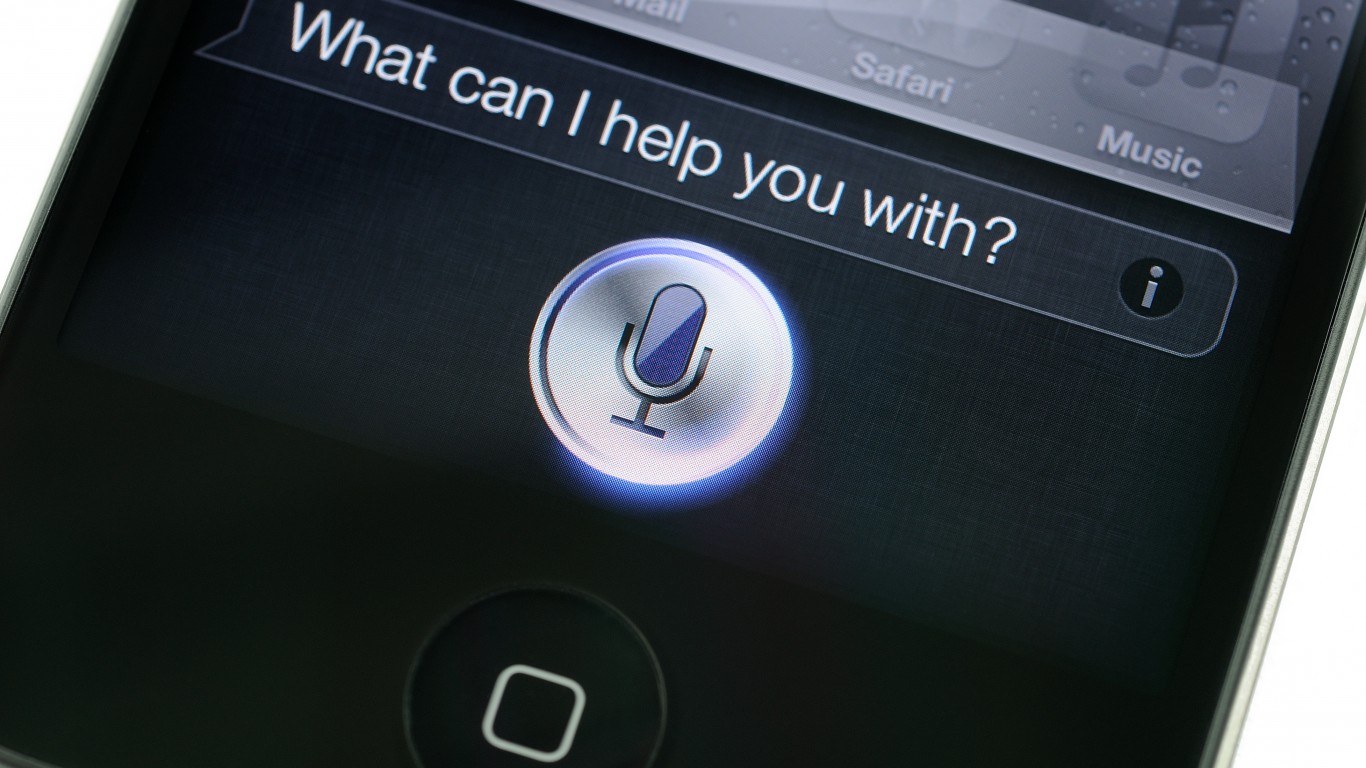Technology
What's Up With Apple: Office Return Delayed Again, CSAM Scanning and More

Published:

In June, Apple Inc. (NASDAQ: AAPL) CEO Tim Cook told employees they would have to return to their offices at least three days a week beginning in September. A month later, that return date was pushed out another month due to the surge in new COVID-19 infections.
On Thursday, Apple’s human resources chief, Deirdre O’Brien, pushed the return date out at least until January 2022. According to a Bloomberg report, Apple does not currently plan to close its offices or retail stores, and O’Brien encouraged staff to get vaccinated, although the company does not require proof of vaccination nor does it require testing.
Apple closed a retail store in South Carolina on Thursday after nearly two dozen employees tested positive for COVID-19 or were exposed to it. By March of next year, many Apple employees will not have visited their workplaces for two years.
Computer science researchers Jonathan Mayer and Anunay Kulshrestha of Princeton University have written an op-ed for the Washington Post, claiming that Apple’s proposed scanning of photos for child sexual abuse material (CSAM) was “dangerous.” In the course of their work on trying to design a way to scan for similar material in a system, like Apple’s, with end-to-end encryption, they found a “glaring problem”:
Our system could be easily repurposed for surveillance and censorship. The design wasn’t restricted to a specific category of content; a service could simply swap in any content-matching database, and the person using that service would be none the wiser.
Addressing Apple’s claims that its system includes technical safeguards against misuse that can be independently audited, the authors find that argument weak: “Apple has a record of obstructing security research. And its vague proposal for verifying the content-matching database would flunk an introductory security course.”
Mayer and Kulshrestha argue that “Apple could implement stronger technical protections, providing public proof that its content-matching database originated with child-safety groups.” They conclude, however, is that “many downside risks probably don’t have technical solutions.”
Finally, JPMorgan analyst Samik Chatterjee on Thursday reiterated his Overweight (Buy) rating on Apple stock and lifted his 12-month price target from $175 to $180 a share. Like Morgan Stanley analyst Katy Huberty who on Wednesday weighed in on Apple’s prospects, Chatterjee sees continuing strong demand for 5G iPhones like the soon-to-be-released iPhone 13.
According to a report in Barron’s, Chatterjee thinks iPhone sales volume could reach 246 million units in 2022, as many as he has projected for record-setting shipment volume this year. He also expects Apple to announce a 5G-capable iPhone SE, Apple’s entry-level (i.e., cheaper) smartphone.
Thank you for reading! Have some feedback for us?
Contact the 24/7 Wall St. editorial team.